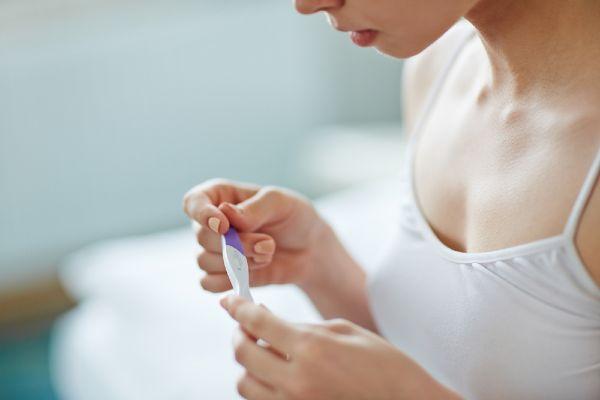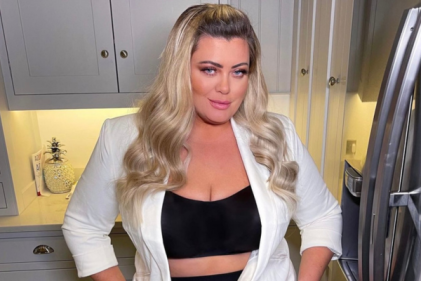A healthy and varied diet is important at all times in life. But certain foods and drinks have been proven to help (or hinder) fertility, and to lay down the foundations for a healthy pregnancy and baby.
With this in mind, Beacon CARE Fertility has outlined five fertility food facts for you to note:
1. Get those greens
We all know that greens are good for us, and this also rings true for men and women looking to boost their fertility.
Broccoli has among the highest calcium content of any vegetable, which is very important when trying to conceive, as calcium helps regulate the alkalinity of the reproductive tract and move sperm along. Broccoli is also bursting with folate, Vitamin C, and other vitamins and minerals to help keep your reproductive health as strong as possible.
Meanwhile, Kale is another powerhouse vegetable, full of sulphur-rich antioxidants, such as sulforaphane and indole-3-carbinol. Research suggests that these sulphur compounds may help detox the liver which is crucial for fertility and ensuring your body is baby ready.
Eating dark green vegetables like spinach is one of the best ways to take in essential prenatal nutrients like calcium, iron and folate, which protects against birth defects in the brain and spine that can develop in the first few weeks of pregnancy.
2. Don’t forget your other fruits and vegetables
Many other fruits and vegetables – not necessarily green – also contain many important nutrients.
Tomatoes, for example, are full of lycopene, which has been found to boost sperm count and increase swimming speed. Carrots are filled with carotenoids, ideal for boosting your conception chances.
Meanwhile, bananas are packed with vitamin B6, which regulates hormones and is good for egg and sperm development.
3. Go for the good fats to boost fertility
Healthy fats like omega 3 are recommended in moderation. Nuts, avocados, olive oil, and rapeseed oil can reduce the inflammation in the body, which helps promote regular ovulation and general fertility.
On the flip side, saturated and trans fats should be avoided.
4. Nuts for nuts (and seeds)
While nuts contain healthy fats, they also contain vital vitamins and minerals. Almonds, for example, contain vitamin E, an antioxidant that helps protect the DNA in both sperm and eggs. Sunflower seeds are packed with zinc, which supports fertility by regulating normal hormone function, cell division and ovulation. So be sure to grab a handful of nuts to snack on, or sprinkle some seeds on your salad.
5. Cut down on caffeine and choose green tea
Experts say that drinking more than five cups of coffee a day, the equivalent of about 500 milligrams of caffeine is associated with lower fertility. Moderate caffeine consumption, however, with one or two cups a day is perfectly fine.
If you love your hot drinks, green tea is very high in antioxidants which can help to repair damage that has occurred to reproductive organs.
Dr Bart Kuczera, fertility expert at Beacon CARE Fertility said: “Nutrients play an essential role in creating and maintaining healthy eggs and sperm that will go onto fertilise, implant and grow a healthy baby. So, choosing some fruit or nuts over sweets is always preferable. Of course, there’s no ‘silver bullet’ and overall, we recommend a well-balanced diet and to strive for a healthy weight, as being overweight or underweight can reduce the chances of conceiving.”







